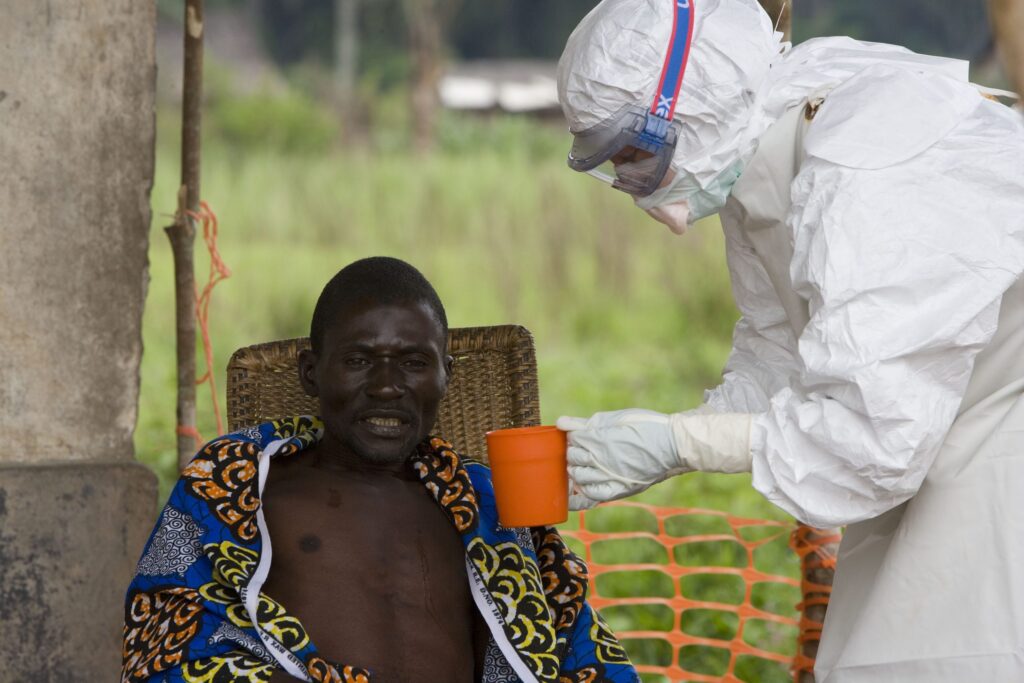
Following the confirmation of an Ebola virus disease (EVD) outbreak in Uganda, the Nigeria Centre for Disease Control and Prevention (NCDC) has taken proactive measures to enhance the country’s preparedness. The NCDC has urged Nigerians to refrain from non-essential travel to countries affected by the disease, particularly Uganda.
The outbreak, which was confirmed on January 30, 2025, involves the Sudan strain of the Ebola virus. Uganda has reported one confirmed case and one post-mortem death, with 44 contacts under monitoring. The NCDC has reassured the public that there are currently no cases of Ebola in Nigeria.
In its public health advisory, the NCDC highlighted that although the World Health Organization (WHO) has advised against travel and trade restrictions to Uganda, it recommends that Nigerians avoid all but essential travel to nations with confirmed Ebola cases. The Ugandan government, with previous experience in managing Ebola outbreaks, has already initiated response measures.
Dr. Jide Idris, the Director-General of NCDC, emphasized that the center, in collaboration with relevant ministries and agencies, continues to update Nigeria’s EVD contingency plan. Surveillance efforts have been heightened, especially at points of entry, and diagnostic capacity for EVD testing has been optimized in laboratories at international airports and the national reference laboratory. Additionally, Lassa fever testing laboratories are on standby to scale up testing if necessary.
Ebola virus disease is a severe, often fatal illness with a fatality rate ranging from 25 to 90 percent. The virus is transmitted from animals to humans and spreads among humans through direct contact with bodily fluids such as blood, saliva, vomit, urine, feces, sweat, breast milk, and semen from infected individuals. It can also be transmitted through contaminated objects, infected wildlife, and unsafe burial practices. The disease’s incubation period spans from 2 to 21 days.
Health workers, family members, and individuals in close contact with infected persons or the deceased are at heightened risk during an outbreak. Symptoms typically begin suddenly, with high fever, body aches, muscle pain, and weakness, followed by vomiting, diarrhea, and jaundice (yellowing of the eyes). Severe cases may lead to uncontrolled bleeding, organ failure, and death.
The NCDC continues to monitor the situation closely and is committed to ensuring Nigeria remains vigilant in preventing the spread of Ebola.

Comments